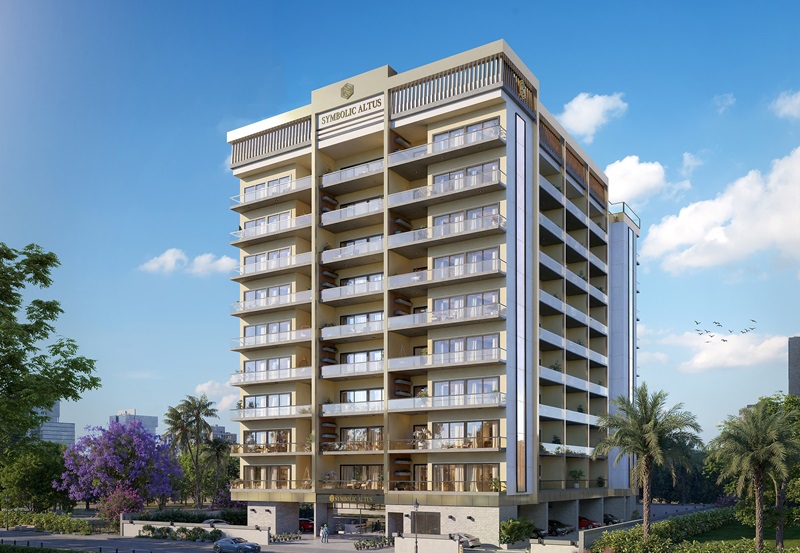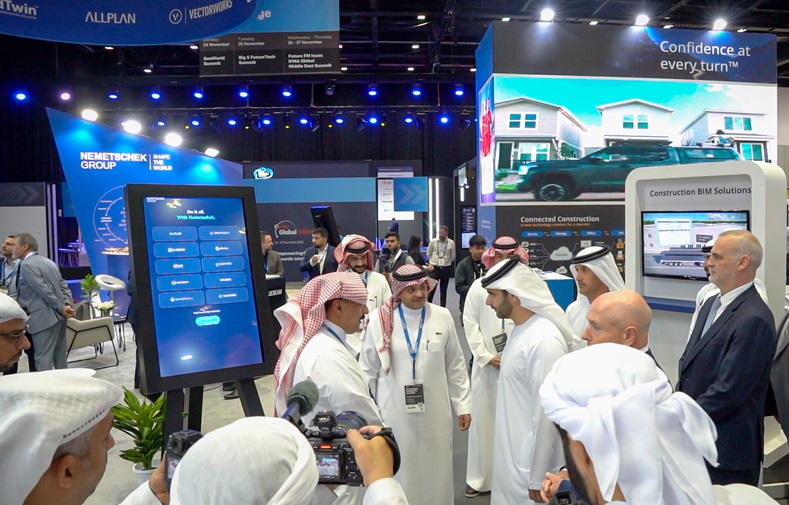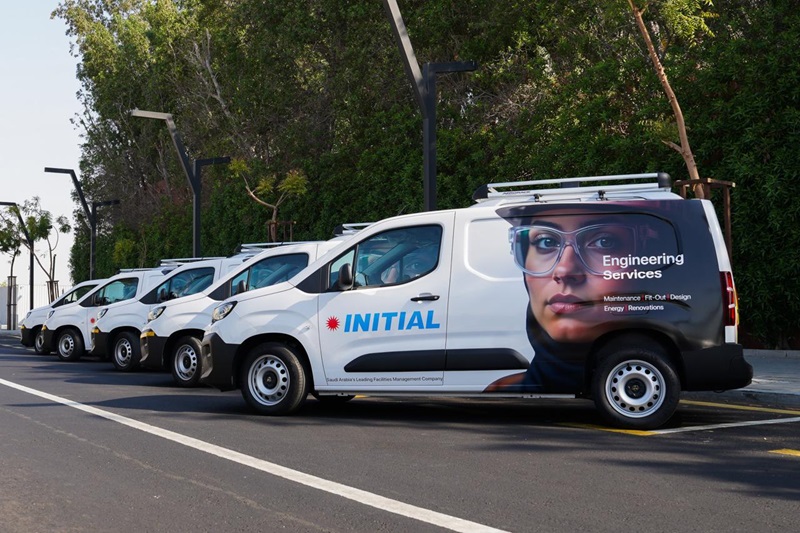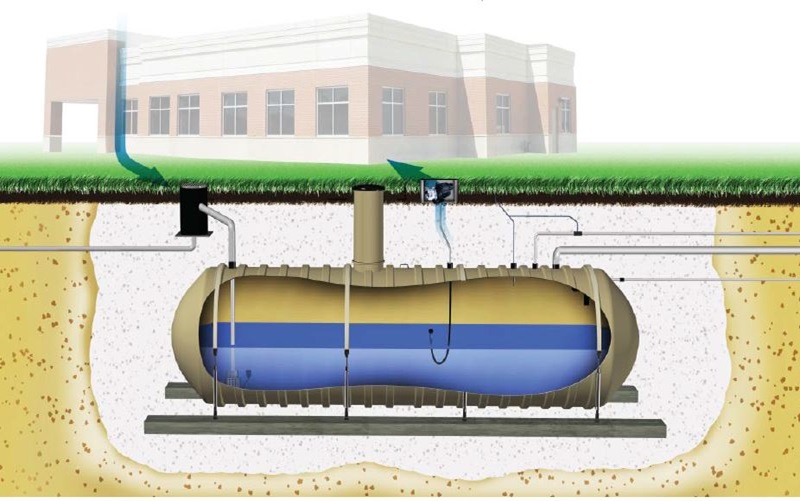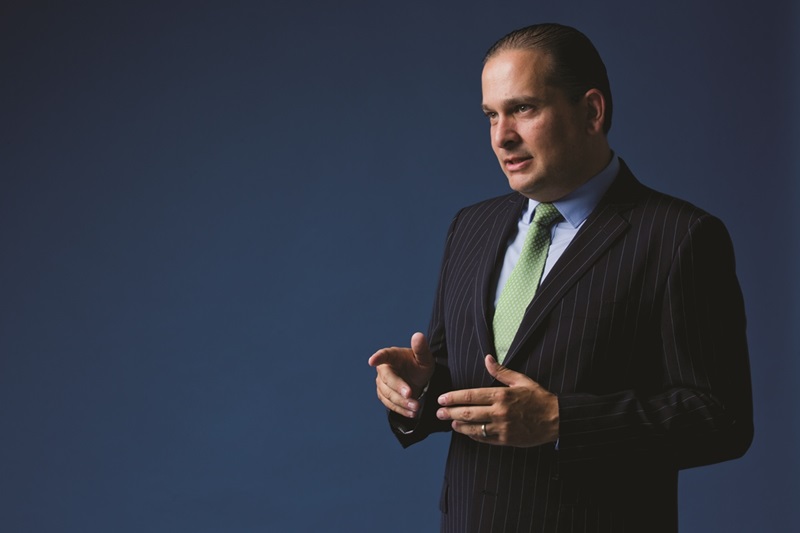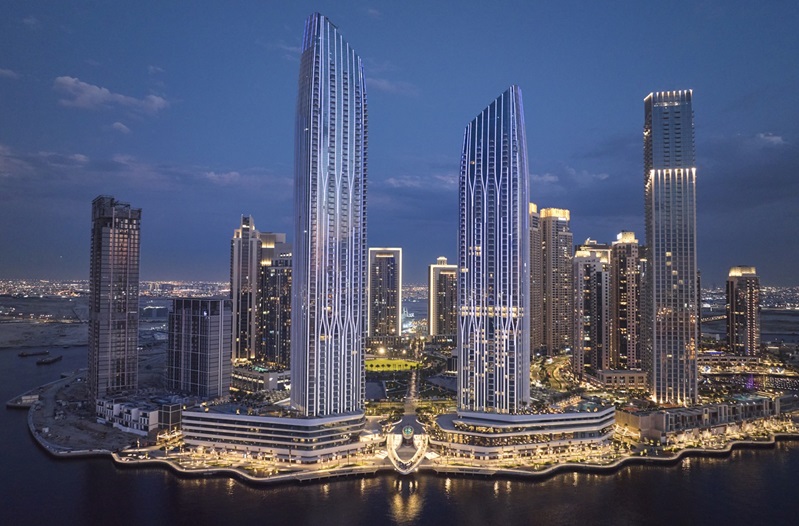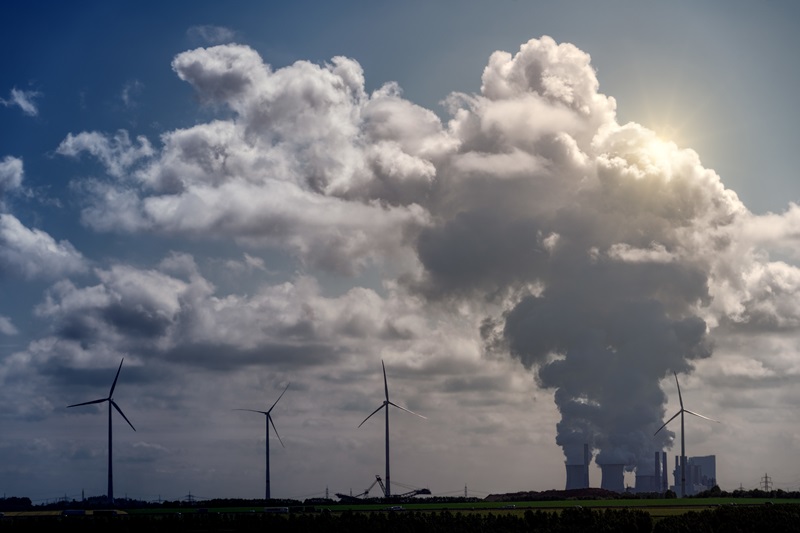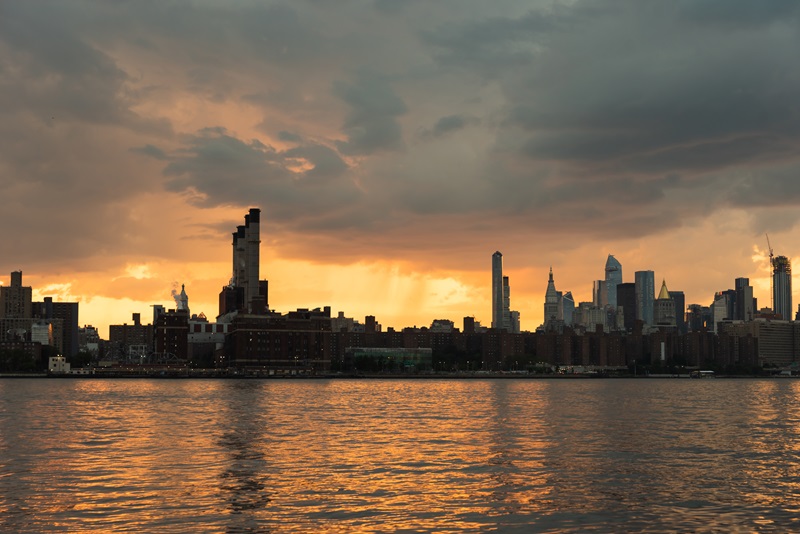
Ian Williamson, Chief Projects Delivery officer, TRSDC and Malek Sukkar, CEO, Averda
The Red Sea Development Company (TRSDC) has opened an integrated waste management facility that was developed, and will be managed, by waste and recycling specialist Averda. The facility is designed to tackle all forms of waste generated during the construction of Phase One of the giga-project and will enable the TRSDC to meet its goal of zero waste to landfill.
The new facility was inaugurated by Ian Williamson, Chief Projects Delivery officer at TRSDC and Malek Sukkar, CEO of Averda.
Phase One of the Red Sea Project comprises 16 luxury hotels across five islands and two inland resorts, providing more than 3,000 hotel rooms. It will also include a new international airport, a yacht marina, leisure and lifestyle facilities, as well as supporting logistics and utilities infrastructure, including more than 80km of new roads.
Speaking at the inauguration ceremony Sukkar explained, “We talk of waste management but here nothing is being wasted. The easy answer could have been that zero waste to landfill is impossible, especially in the emerging world, especially in a new development that does not have the tradition to divert waste. The easy answer could have been that we are next to deserted areas and people would not notice the difference. Another easy answer would have been we don’t have the budget. The right answer however was there: We need to do it because we are building something different, something that will be a guide and benchmark for future development in KSA and beyond. The commitment made and the promise delivered; we at Averda are immensely proud to be a part of it.”
Explaining the facility’s capabilities, the statement said that the tonnes of rubble, rock and concrete generated by the construction of the foundations, buildings and infrastructure are sorted and treated by special machinery which converts them into smaller particles. These are then reused for other purposes, such as aggregate for building roads.
The workforce employed to construct the first phase of the project make up the population of a small town and create all the same varieties of household waste. Dedicated recycling bins segregate waste, with recyclable glass, plastics, cans, paper and card being collected separately. These materials are then checked again before being baled and transferred to Saudi recyclers to be made into new products, the statement noted.
TRSDC also said that food and organic waste will be turned into compost, providing nutrient-rich material for the dedicated million-square meter landscape nursery built for the project, completed last year. The facility will eventually provide over 15m plants required to landscape the destination.
Only a tiny proportion of non-recyclable, non-compostable materials remain after these processes. To avoid landfill, this residual waste is incinerated in special, environmentally-sensitive facilities, and the particles and carbon generated is captured. The resulting ash is used for the manufacture of bricks, the developer sated.
Williamson commented, “This is a great facility. Despite the challenges of COVID-19, no excuses have been made and this project has been delivered on time and on budget. Averda has proven to be a reliable partner on our project, designing and delivering exactly what TRSDC required to meet our sustainability commitments. In my 40-year career, it’s the first time I’ve seen a facility of this magnitude built at the outset of construction. The facility allows us to facilitate waste segregation at every one of the construction sites across the development, followed by the collection and then repurposing and recycling of the waste by Averda’s team.”
He concluded, “This waste management asset creates a new benchmark for large-scale development projects in the Gulf region and globally.”


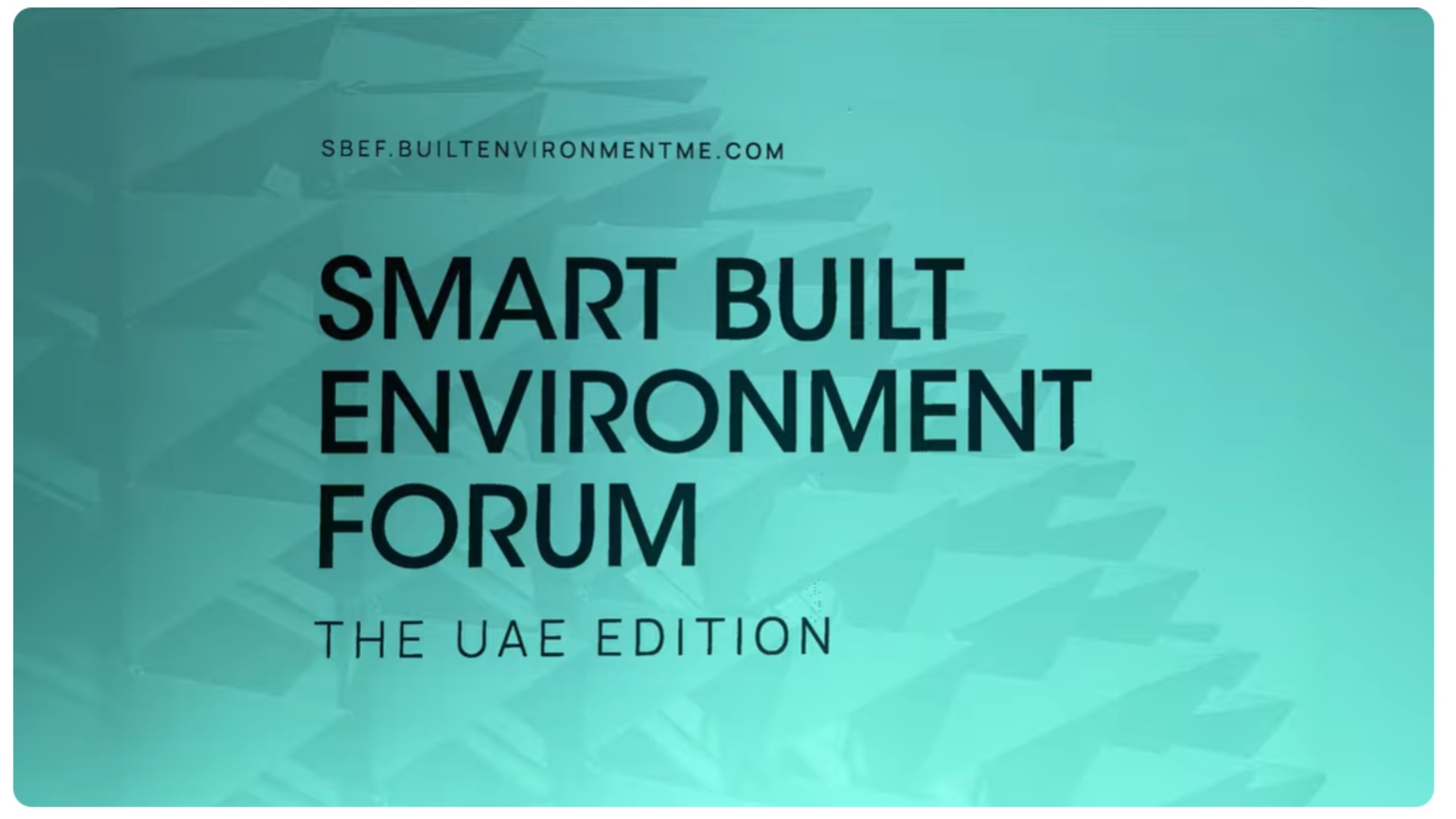
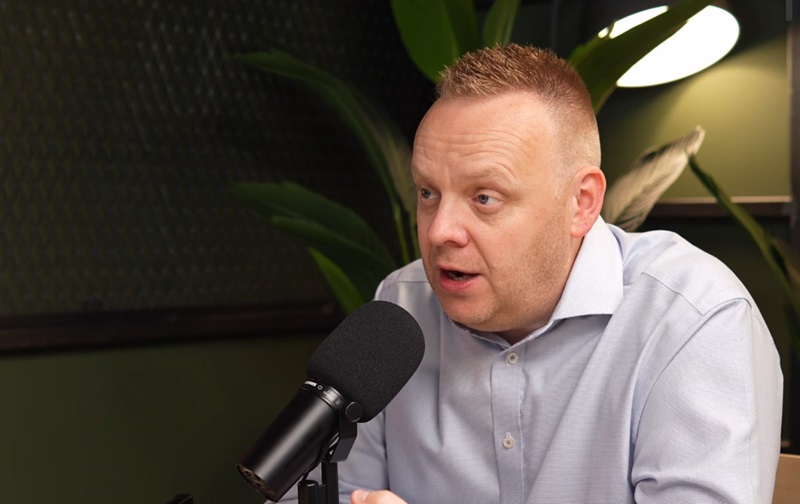




.jpg)
